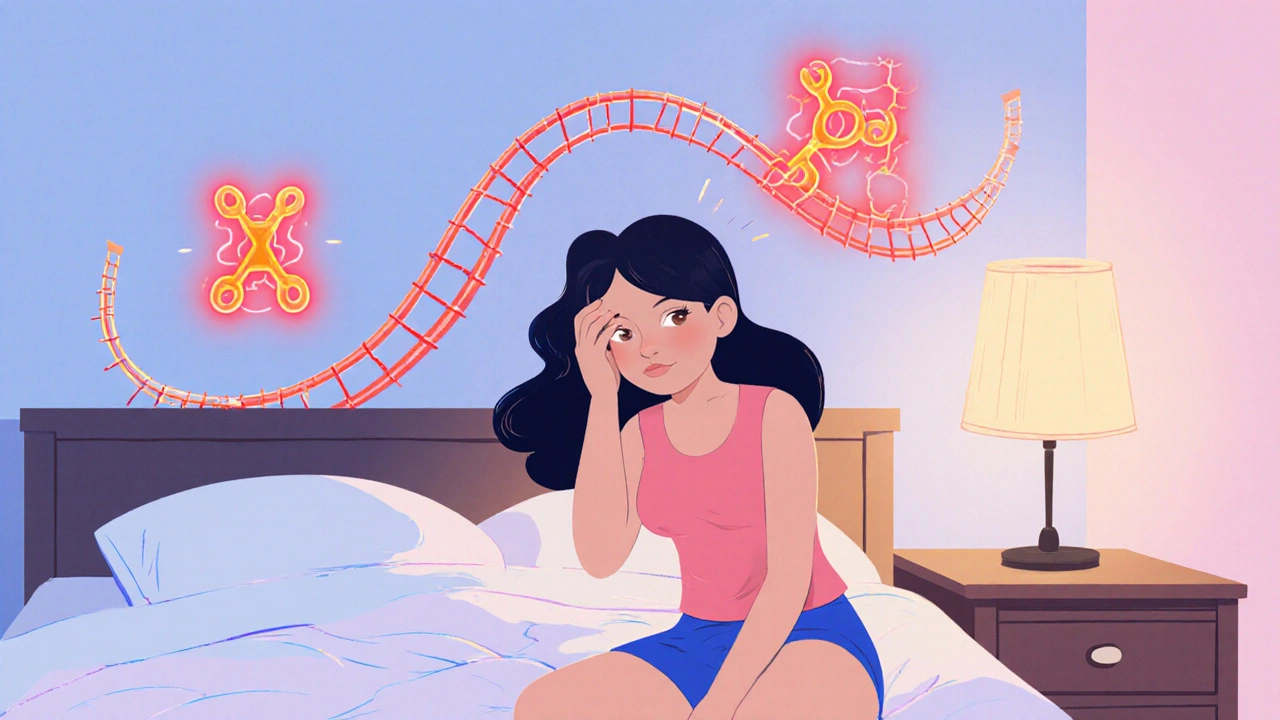When you’re taking Drospirenone, a synthetic hormone used in birth control and hormone therapy. Also known as a progestin, it helps regulate menstrual cycles and prevent pregnancy—but for some, it can also trigger or worsen migraine, a severe neurological headache often accompanied by nausea, light sensitivity, and visual disturbances. If you’ve noticed your headaches getting worse since starting a pill with drospirenone, you’re not alone. Many women report a clear link between this hormone and their migraine patterns, especially around the time their pill pack changes.
Drospirenone works differently than older progestins. It’s anti-androgenic and has mild diuretic effects, which is why it’s often chosen for women with acne or bloating. But those same properties can affect blood vessels and hormone spikes in ways that trigger migraines. Studies show that estrogen drops are the biggest migraine trigger in hormonal birth control, but drospirenone’s unique impact on sodium and fluid balance may also play a role. If your migraines are accompanied by aura—like flashing lights or numbness—drospirenone might not be the best fit. The American Migraine Foundation warns that combined hormonal contraceptives with estrogen can increase stroke risk in migraine with aura patients, and even drospirenone-only products may carry some risk if migraines are severe or frequent.
It’s not just about the hormone itself—it’s about how your body reacts to it. Some people tolerate drospirenone fine, while others see migraines start within weeks. Tracking your headaches alongside your pill cycle can help you spot patterns. Did your headache hit right before your placebo week? That’s likely a drop in hormone levels. Did it start mid-pack? That could be your body adjusting to the new hormone balance. Either way, it’s worth talking to your doctor. Alternatives like progestin-only pills, non-hormonal IUDs, or even low-dose estrogen options might offer relief without triggering your migraines.
You’ll find real-world comparisons in the posts below—from how drospirenone stacks up against other birth control hormones, to what migraine sufferers are doing differently to manage their symptoms. Some posts dive into how hormonal changes affect headaches during pregnancy or menopause, others show how to safely switch medications without worsening your condition. Whether you’re trying to stop migraines cold or just want to understand why your current pill isn’t working, these guides give you the facts without the fluff.
Posted by
Jenny Garner
11 Comments

Explore how drospirenone, a synthetic progestin in oral contraceptives, can lower the frequency and intensity of menstrual migraines, backed by clinical studies and practical guidance.
read more